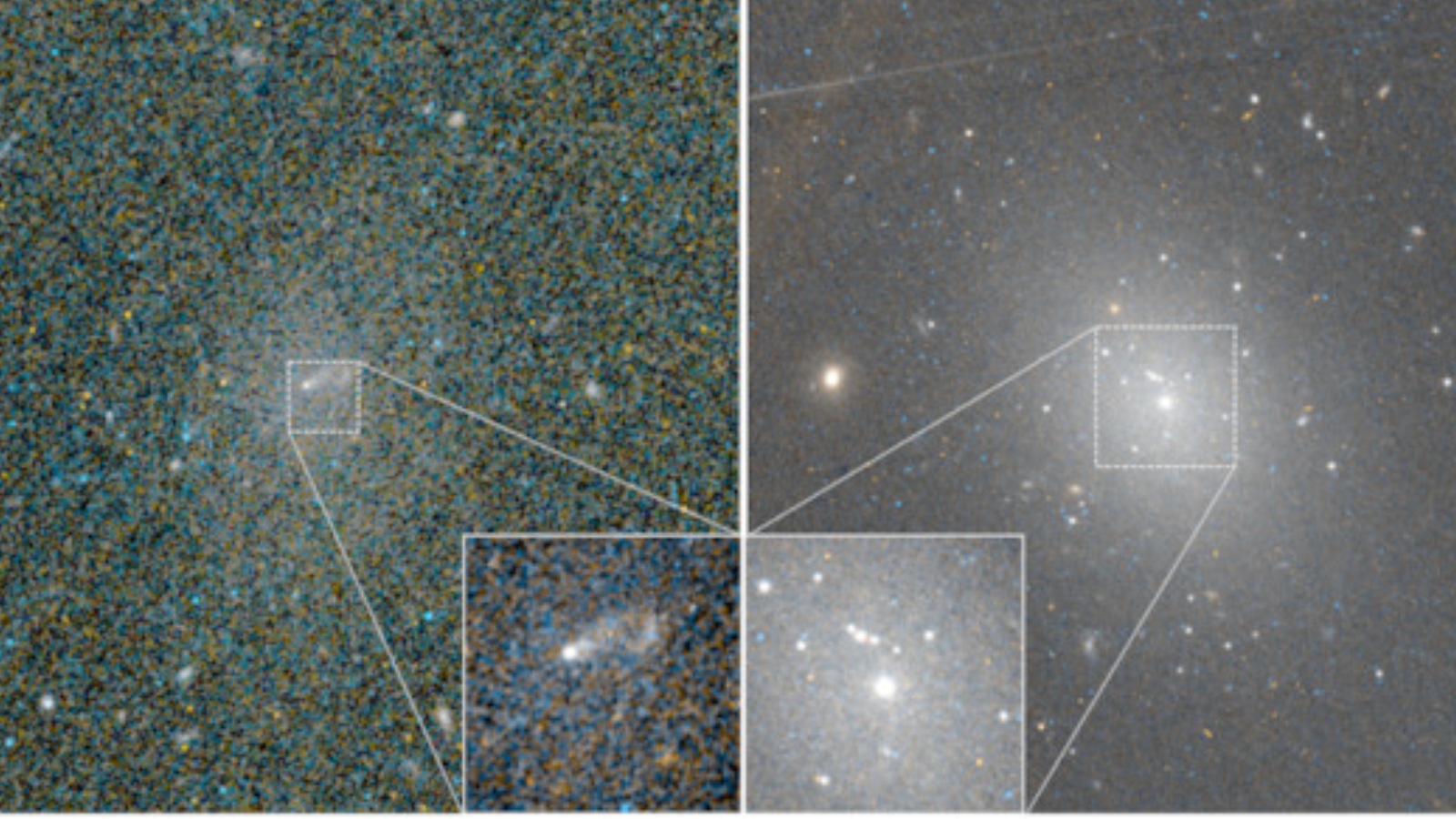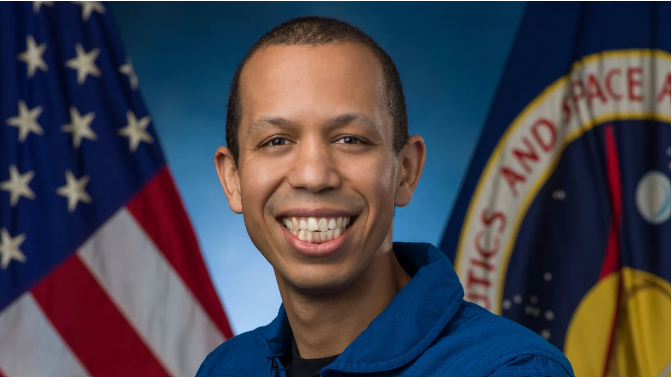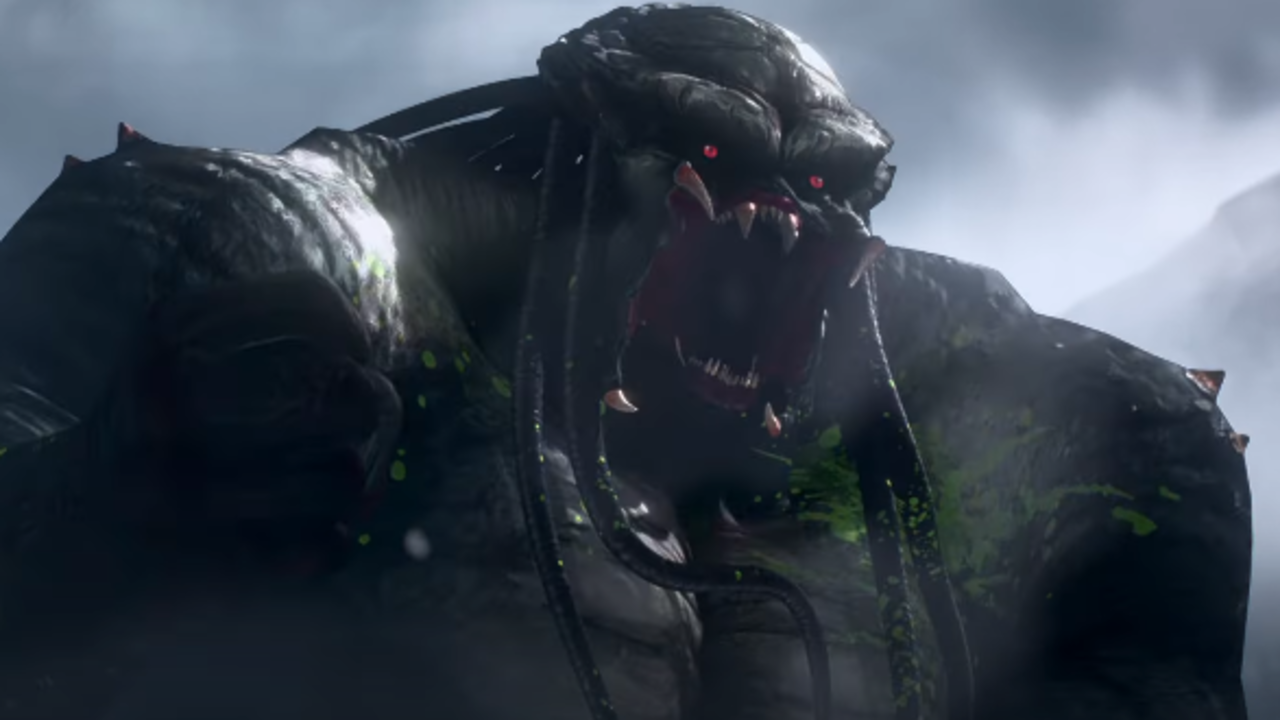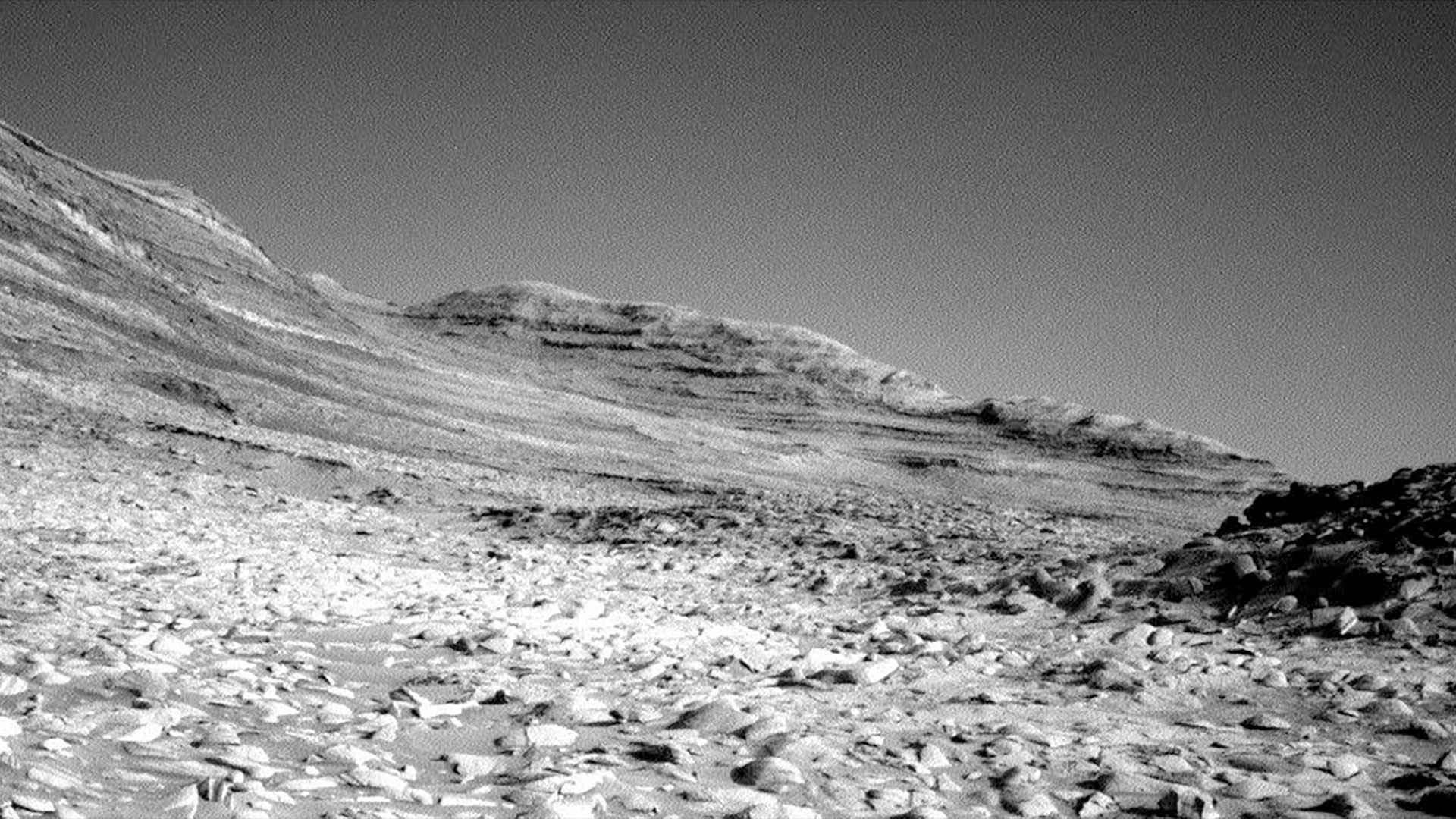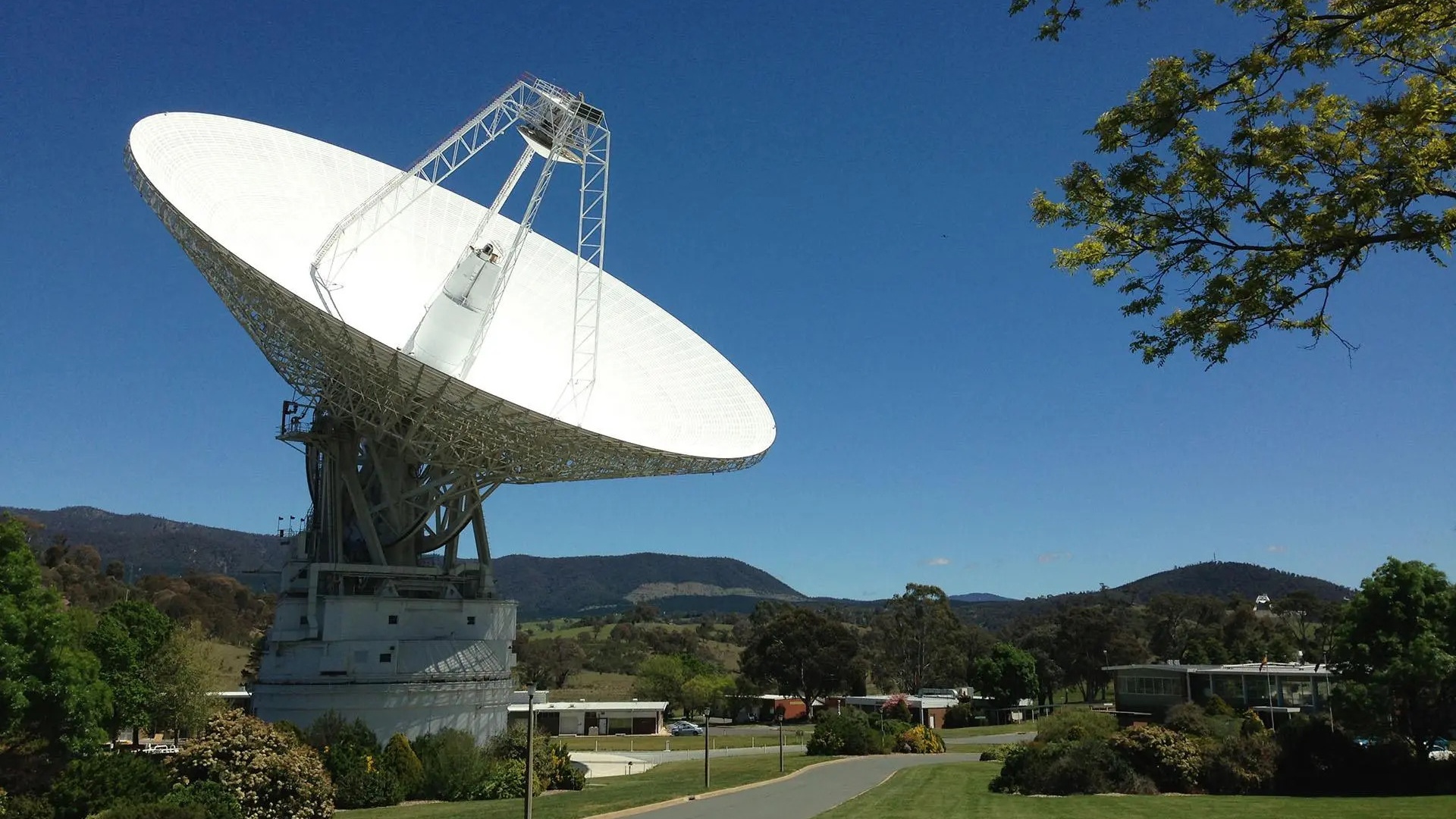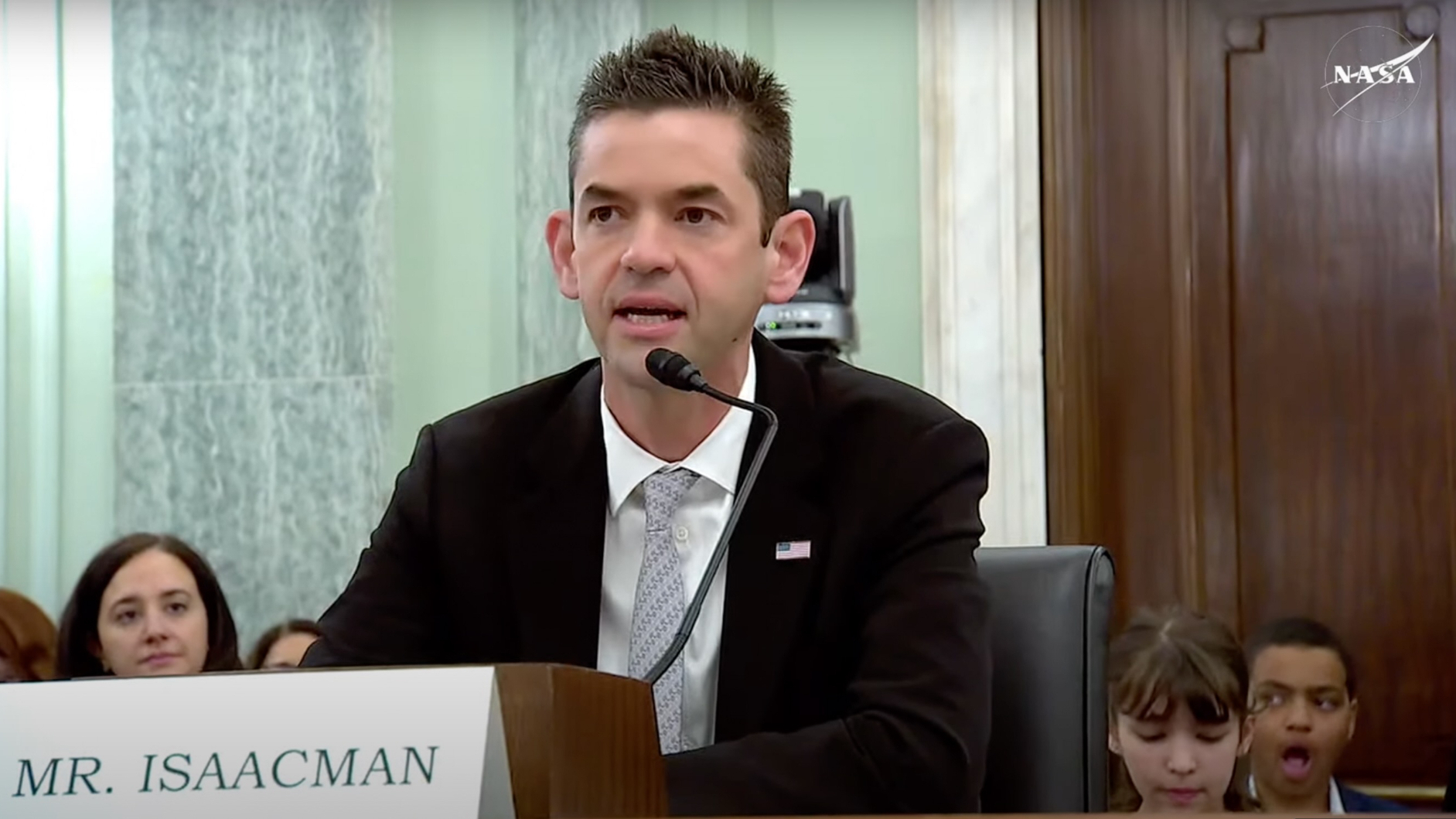
Blue Origin's New Shepard spacecraft is grounded until further notice.
New Shepard suffered a booster failure during an uncrewed flight from West Texas on Monday morning (Sept. 12). The vehicle's capsule successfully engaged its emergency abort system and ended up landing safely under parachutes, but the booster crashed hard back to Earth.
The mishap caused no injuries and no damage to public property, according to the U.S. Federal Aviation Administration (FAA), which licenses commercial space launches.
Related: Failure of Blue Origin's New Shepard a reminder that spaceflight is still hard
Blue Origin is working to understand what caused Monday's accident, and the FAA is overseeing the investigation. New Shepard won't fly again until that investigation is completed to the FAA's satisfaction.
"Before the New Shepard vehicle can return to flight, the FAA will determine whether any system, process or procedure related to the mishap affected public safety," the agency wrote in a statement Monday, according to SpacePolicyOnline. "This is standard practice for all mishap investigations."
New Shepard is a reusable vehicle designed to take people and cargo on brief trips to suborbital space. It consists of a first-stage booster and a capsule.
Get the Space.com Newsletter
Breaking space news, the latest updates on rocket launches, skywatching events and more!
Monday's mission was the 23rd overall for the New Shepard program and the 17th to fly without any people onboard. The failure occurred about 1 minute and 4 seconds into flight, when the vehicle was less than 30,000 feet (9,000 meters) above Earth.
It was a startling moment, especially given New Shepard's impressive string of spaceflight success: The vehicle hadn't suffered a serious problem since its debut mission back in April 2015. And on that flight, everything worked except the booster landing.
It's unclear how much Monday's failure will impact Blue Origin and the space tourism industry more generally; that picture will remain fuzzy until the investigation concludes. It's worth noting, however, that Blue Origin operates multiple New Shepard vehicles at a time, one for payload-only science missions like the one that flew Monday and one devoted to space tourist flights. (The company has not disclosed how much it charges for a seat on the six-passenger New Shepard.)
Mike Wall is the author of "Out There" (Grand Central Publishing, 2018; illustrated by Karl Tate), a book about the search for alien life. Follow him on Twitter @michaeldwall. Follow us on Twitter @Spacedotcom or on Facebook.
Join our Space Forums to keep talking space on the latest missions, night sky and more! And if you have a news tip, correction or comment, let us know at: community@space.com.

Michael Wall is a Senior Space Writer with Space.com and joined the team in 2010. He primarily covers exoplanets, spaceflight and military space, but has been known to dabble in the space art beat. His book about the search for alien life, "Out There," was published on Nov. 13, 2018. Before becoming a science writer, Michael worked as a herpetologist and wildlife biologist. He has a Ph.D. in evolutionary biology from the University of Sydney, Australia, a bachelor's degree from the University of Arizona, and a graduate certificate in science writing from the University of California, Santa Cruz. To find out what his latest project is, you can follow Michael on Twitter.


